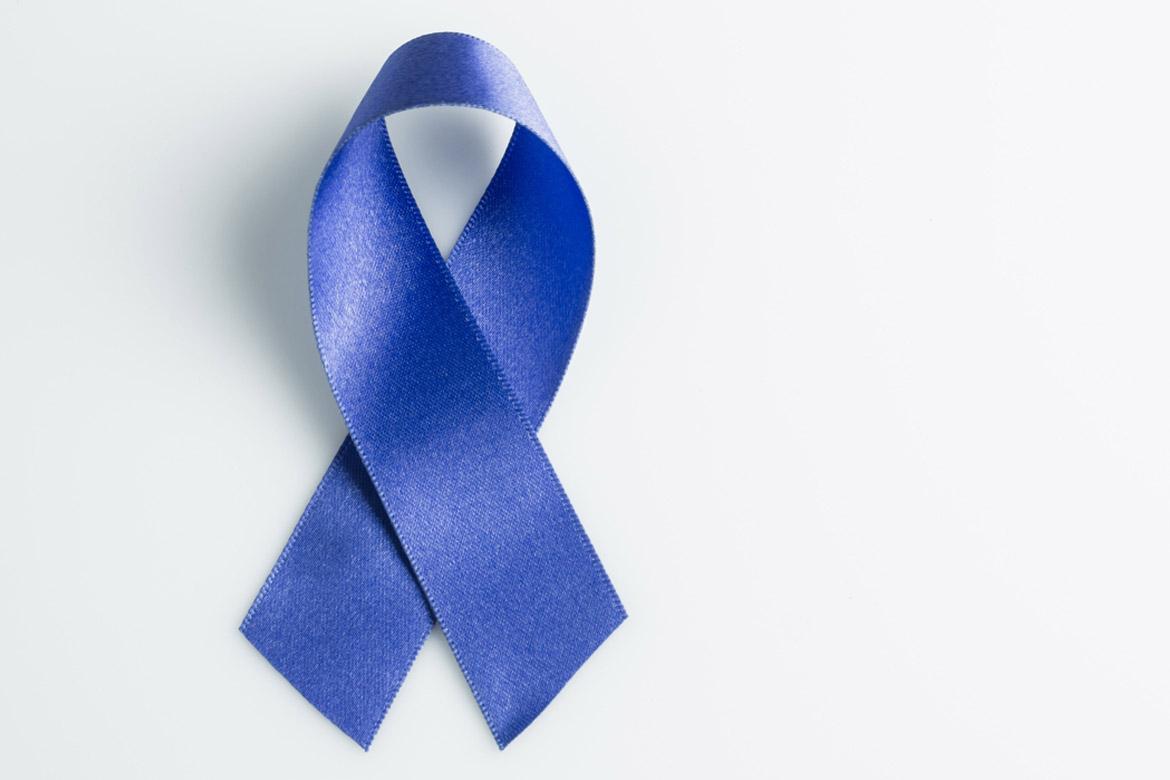What is breast cancer (BRCA) genetic testing?
Breast cancer (BRCA) genetic testing is a blood test that checks for harmful changes (mutations) in your BRCA1 or BRCA2 gene. It can help determine your risk of developing breast cancer and ovarian cancer.
About 5 to 10% of breast cancers are hereditary, which means they can be passed down from one generation to the next. Most inherited breast cancer are associated with BRCA gene mutations but there are other mutations that can also increase the risk of cancers
How accurate is breast cancer (BRCA) genetic testing?
The results of genetic tests are not always conclusive. BRCA genetic testing can be helpful in identifying if you are at higher risk of getting breast or ovarian cancer. However, this does not mean that you will actually develop cancer.
Why do you need breast cancer (BRCA) genetic testing?
If you have BRCA1 or BRCA2 gene mutations, you are at a much higher risk of developing:
BRCA screening criteria
If you have a personal or family history of breast or ovarian cancer, it is recommended that you have the BRCA genes tested.
BRCA genetic testing is not regularly done on those who are at average risk of breast and ovarian cancer. Generally, it is not recommended unless you have specific risk factors, such as:
- A history of breast cancer diagnosed before age 50
- A history of ovarian cancer
- A history of male breast cancer
- One or more relatives who have been diagnosed with a BRCA gene mutation
- Multiple cancer diagnoses in your family, especially at a young age
Knowing if you have a genetic predisposition to cancer allows you to take better preventive measures and work out an appropriate screening and treatment plan with your doctor.
How do you prepare for breast cancer (BRCA) genetic testing?
Meeting with a genetic counsellor is the first step in the gene testing process. Have a candid discussion to see if the BRCA test is right for you and to understand the potential risks, indications and implications of genetic testing.
The genetic counsellor will ask you about your family and medical history, analyse your risk of getting cancer, explain the risks and advantages of genetic testing, and walk you through your options. It is entirely up to you whether to proceed with the genetic test after the consultation.
What can you expect in breast cancer (BRCA) genetic testing?
Breast cancer genetic testing is done like a regular blood test. A nurse or doctor will draw a blood sample from a vein in your arm. You may feel a slight prick or sting as the needle enters or exits the vein. If there is any bleeding, cover the area with a bandage.
Your blood sample will be sent for DNA analysis to test for BRCA gene mutations.
Estimated duration
A drawing of blood for the BRCA gene test usually takes no longer than 5 minutes.
After the procedure
It may take up to 3 – 4 weeks for the results to be ready. The genetic counsellor will arrange for an appointment to go through the results with you and explain your options for follow-up care.
Understanding your BRCA test results
If you get a positive test result:
A positive result increases your risk of cancer. However, it does not ensure that you will develop cancer.
Knowing that you have a BRCA gene mutation helps you to take preventive measures. It also helps your family members in understanding their own risks.
If you get a negative test result:
A negative result indicates that you do not have a BRCA gene mutation. However, it does not guarantee that you will not develop cancer. Your risk of cancer is likely to be the same as that of the general population.
If your test comes out negative, but you have a strong family history of cancer, you will still need to be vigilant. It is possible your family has a different gene mutation that raises the risk of cancer. The genetic counsellor can assist you with interpreting the results and determining whether further testing is required.










